
Tues May 27
Dream shard
We've moved to a small courtyard with Japanese-style open rooms, an extended L-shaped porch. The rooms are constructed from redwood; they are small, empty, airy and spacious. Meant for floor cushions. We're carrying our things there. And look, look, look! Blueberry bushes cluster along the periphery. Abundant, deep blue. I pluck some to eat. We have carried someone to the porch. We lay her down on the redwood floor.
Dream shard
We've moved to a small courtyard with Japanese-style open rooms, an extended L-shaped porch. The rooms are constructed from redwood; they are small, empty, airy and spacious. Meant for floor cushions. We're carrying our things there. And look, look, look! Blueberry bushes cluster along the periphery. Abundant, deep blue. I pluck some to eat. We have carried someone to the porch. We lay her down on the redwood floor.
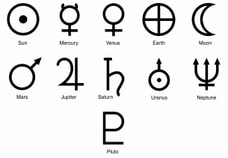
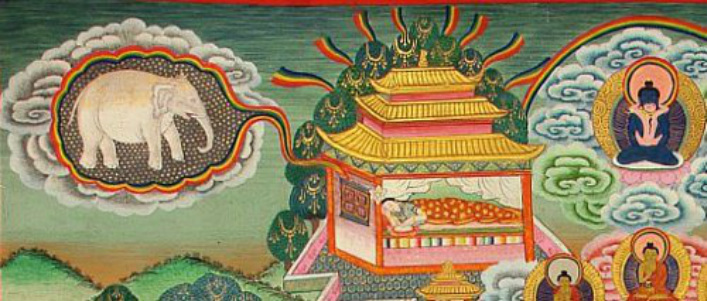
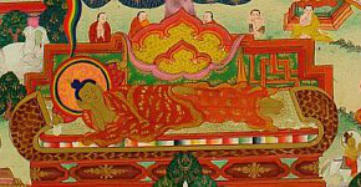
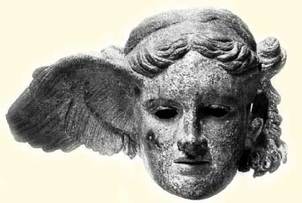
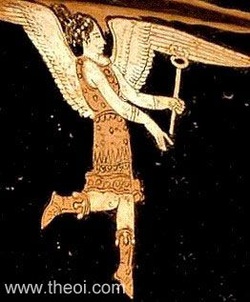

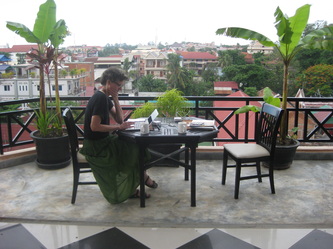
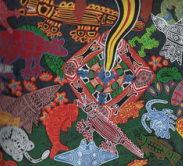
 RSS Feed
RSS Feed
